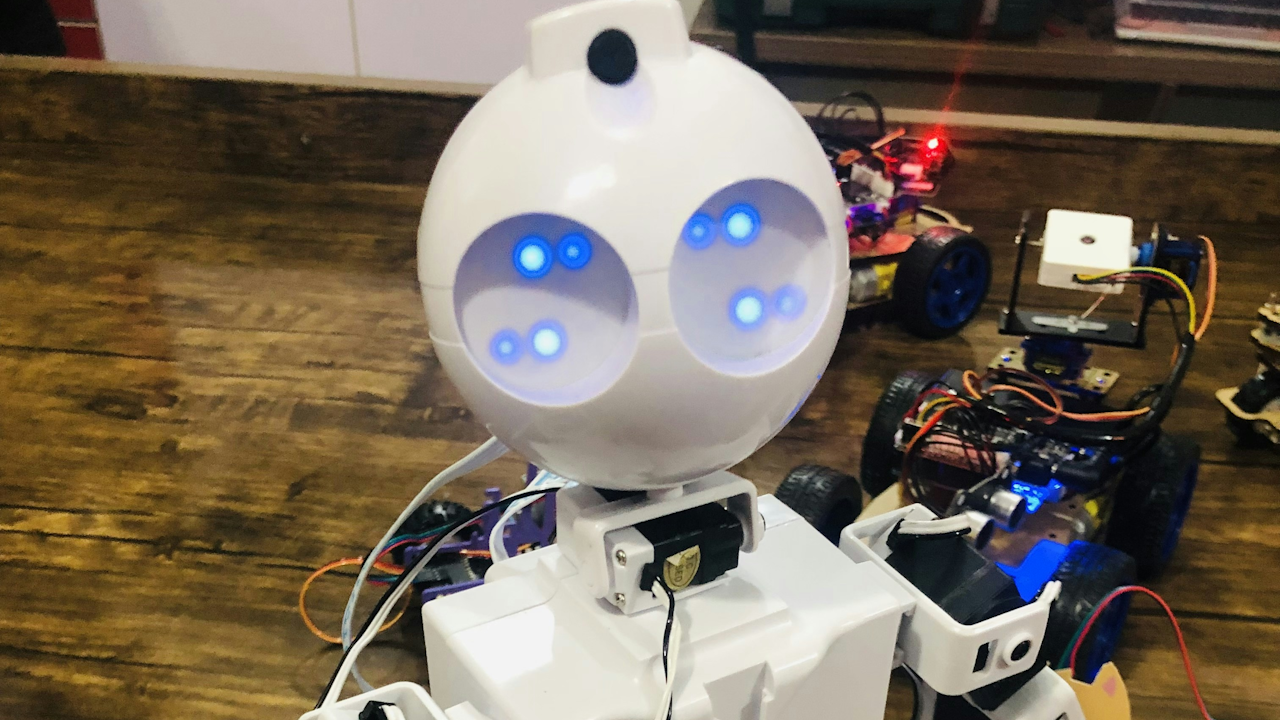Robotics is rapidly transforming the healthcare landscape, offering innovative solutions to improve patient care, streamline processes, and enhance medical capabilities. From surgical procedures to rehabilitation and diagnostics, robots are playing an increasingly crucial role in revolutionizing how healthcare is delivered.
Surgical Robotics: Precision and Minimally Invasive Procedures
One of the most significant impacts of robotics in healthcare is in the realm of surgery. Surgical robots, such as the da Vinci Surgical System, provide surgeons with enhanced precision, dexterity, and control. These systems allow for minimally invasive procedures, reducing incision sizes, minimizing blood loss, and promoting faster patient recovery. Surgeons can manipulate robotic arms with specialized instruments, accessing hard-to-reach areas with greater accuracy and stability than traditional methods. This technology has led to improved outcomes in various surgical specialties, including urology, gynecology, cardiology, and general surgery.
Rehabilitation Robotics: Restoring Movement and Function
Robots are also making a significant impact in rehabilitation, aiding patients in regaining lost motor skills and improving their quality of life. Robotic exoskeletons and rehabilitation devices assist patients with neurological conditions, such as stroke or spinal cord injury, in performing repetitive exercises and movements. These devices provide support and guidance, helping patients relearn motor patterns and strengthen weakened muscles. By offering personalized and intensive therapy, rehabilitation robots can accelerate recovery and improve patient outcomes.
Diagnostic Robotics: Enhancing Accuracy and Efficiency
Robots are being integrated into diagnostic procedures to enhance accuracy and efficiency. For example, robotic systems are used in radiology to assist with imaging procedures, ensuring precise positioning and reducing radiation exposure. In pathology, robots can automate sample handling and analysis, increasing throughput and reducing the risk of human error. Additionally, AI-powered robots are being developed to analyze medical images and data, assisting clinicians in making faster and more informed diagnoses.
Assistive Robotics: Supporting Patients and Healthcare Professionals
Robots are also being deployed in healthcare settings to assist patients and healthcare professionals with various tasks. For instance, robots can deliver medications, transport supplies, and disinfect hospital rooms, freeing up staff to focus on patient care. In elderly care, robots can provide companionship, monitor vital signs, and assist with daily activities, promoting independence and reducing caregiver burden. These assistive robots are improving efficiency, safety, and quality of care in healthcare facilities.
Challenges and Future Directions
While robotics offers tremendous potential for transforming healthcare, there are challenges to overcome. The high cost of robotic systems can be a barrier to adoption, particularly in resource-limited settings. Additionally, concerns about job displacement and the need for specialized training for healthcare professionals need to be addressed. However, advancements in technology are driving down costs and improving accessibility. The future of robotics in healthcare is promising, with ongoing research and development focused on creating more sophisticated and versatile robots. As technology evolves, we can expect to see even greater integration of robotics in all aspects of healthcare, from diagnosis and treatment to rehabilitation and patient care.
The Role of Artificial Intelligence
The integration of artificial intelligence (AI) with robotics is further accelerating the transformation of healthcare. AI algorithms can analyze vast amounts of medical data, enabling robots to perform complex tasks, such as interpreting medical images, predicting patient outcomes, and personalizing treatment plans. AI-powered robots can also learn and adapt, improving their performance over time. This synergy between robotics and AI is paving the way for more autonomous and intelligent systems that can revolutionize healthcare delivery.
Ethical Considerations
As robotics becomes more prevalent in healthcare, it is crucial to address the ethical implications. Issues such as patient privacy, data security, and the potential for bias in AI algorithms need careful consideration. Ensuring transparency and accountability in the use of robotics is essential to maintain trust and ensure that these technologies are used responsibly and ethically.
Robotics is revolutionizing healthcare, offering innovative solutions to improve patient care, enhance medical capabilities, and streamline processes. From surgical procedures to rehabilitation and diagnostics, robots are playing an increasingly crucial role in transforming how healthcare is delivered. While challenges remain, the future of robotics in healthcare is promising, with ongoing research and development focused on creating more sophisticated and versatile systems. As technology evolves, we can expect to see even greater integration of robotics in all aspects of healthcare, leading to improved outcomes and a more patient-centered approach to care.

